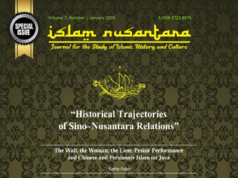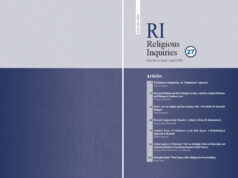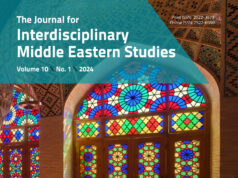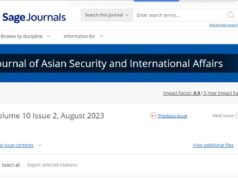This article discusses the role of Catholics, Muslims, and civic associations in the global politics of the Philippines and Indonesia. The two countries have shared in common with regard to the geographical feature (both are archipelagic countries), the diversity of societies and cultures, and the history of colonialism, dictatorship, ethno-religious violence, and political movementto name but a few.
In addition to their similarities, both countries also have significant differences in particular pertaining to religious dominance (the Philippines dominated by Catholicism, while Indonesia by Islam) and the structureof theirsocieties:while the Philippines is a class-stratified society,
Indonesia has long been ideologized by colonial and post-colonial religious and political powers.
Apart from their parallels and distinctions, religion—both Catholicism and Islam—has marvellous role, negatively or positively, in global politics and public cultures, indicating its vigor and survival in global political domains.This comparative paper, more specifically, examines the historical dynamics of the interplay between religion, civil society, and political activism by using the Philippines and Indonesia as a case study and point of analysis.





